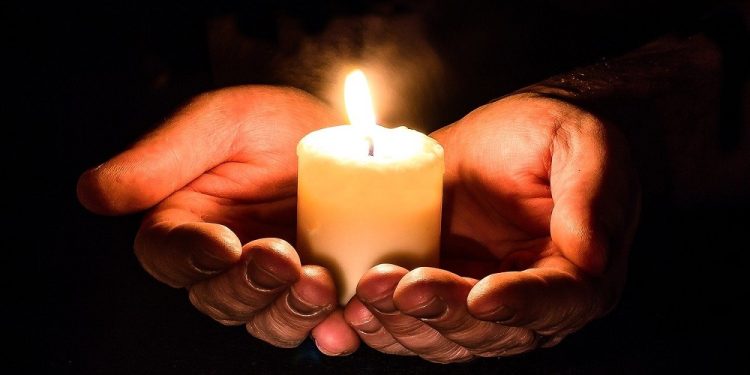
Sunday Of The Dead
Sunday of the Dead is a Protestant religious holiday observed in Germany and Switzerland. Also known as Totensonntag, this holiday commemorates the faithfully departed and falls on the last Sunday before the first Sunday of Advent, marking the end of the liturgical year in the German Evangelical Church.
This holiday originated from the liturgical calendar of the Middle Ages and was established by a general decree from King Frederick William III of Prussia in 1816. As this day is considered a “day of silence,” some regions in Germany prohibit dance and music events on this holiday.
The History of Sunday of the Dead
King Frederick William III of Prussia proclaimed this holiday in 1816. His decree mandated that all Lutheran churches under Prussian rule observe the final Sunday before the first Sunday of Advent as a memorial to celebrate the departed.
This practice was adopted by other Lutheran churches in Germany and eventually began to be observed in the United States, where it is more commonly referred to as Totenfest rather than Sunday of the Dead.
Observing Sunday of the Dead
In Germany and Switzerland, people typically observe this holiday by visiting the graves of departed loved ones. Many Protestant and Lutheran churches hold ceremonies on this day to honor the dead. Since the holiday falls on a Sunday, schools, banks, and many businesses are closed. The hashtag #SundayOfTheDead can be used on social media to mark the occasion.








